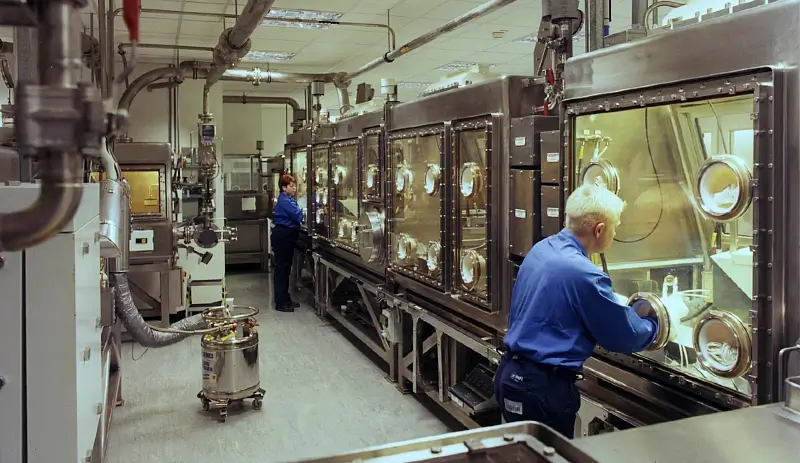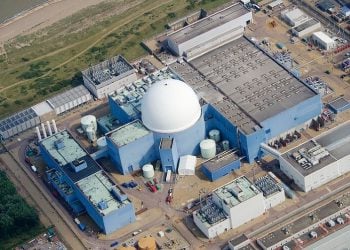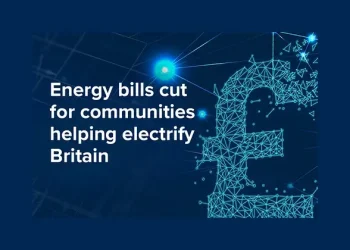A pioneering achievement by Sellafield Ltd and its partners has seen the successful integration of a robotic arm into an active nuclear glovebox, marking a significant advancement in the safe decommissioning of nuclear waste at UK sites.
This innovation promises enhanced safety for workers and accelerated clean-up processes.
Revolutionizing Nuclear Decommissioning
The Risk Reduction of Glovebox Operations (RrOBO) project, led by Sellafield Ltd in collaboration with AtkinsRéalis and other partners, has achieved a groundbreaking milestone by retrofitting a robotic arm into gloveboxes that are up to 60 years old.
These gloveboxes contain hazardous materials such as contaminated pipework and sharp objects, posing significant risks to manual handlers. This innovative approach allows operators to control the robotic system remotely, significantly reducing human exposure to radioactive hazards.
The project was completed months ahead of schedule and under budget, demonstrating efficient innovation in nuclear clean-up efforts across Sellafield and potentially other UK sites managed by the Nuclear Decommissioning Authority (NDA).

Advantages for Workers and Communities
- Reduces health risks for workers by minimizing direct contact with radioactive materials.
- Accelerates decommissioning processes, potentially freeing land for community use sooner.
- Lowers the chance of contamination incidents, enhancing environmental safety.
- Offers scalable solutions applicable to other NDA sites across the UK.
Insights from Industry Leaders
Nicholas Clarke from Sellafield Ltd highlighted the project’s success in delivering results ahead of schedule and budget. He emphasized the importance of collaboration and innovation in achieving these outcomes.
Robert Marwood from AtkinsRéalis noted that removing hands from gloveboxes is crucial for improving safety within the nuclear industry.
Kate Canning from NDA praised RrOBO’s potential for wider adoption across UK nuclear sites.
Broader Implications
The RrOBO project positions the UK as a leader in nuclear clean-up technology on an international scale. Other countries facing similar legacy waste challenges may look to adopt this technology, enhancing global nuclear safety standards.
This advancement supports international non-proliferation goals by improving hazardous waste management practices worldwide.
Additional Reading
In Conclusion
The successful implementation of robotics within active gloveboxes at Sellafield marks a transformative step forward in nuclear decommissioning efforts.
By enhancing worker safety and accelerating site restoration, this innovation not only benefits local communities but also sets new standards for global nuclear waste management practices.
Sources: UK Government, AtkinsRéalis, Sellafield Ltd and Nuclear Decommissioning Authority.
Prepared by Ivan Alexander Golden, Founder of THX News™, an independent news organization delivering timely insights from global official sources. Combines AI-analyzed research with human-edited accuracy and context.








